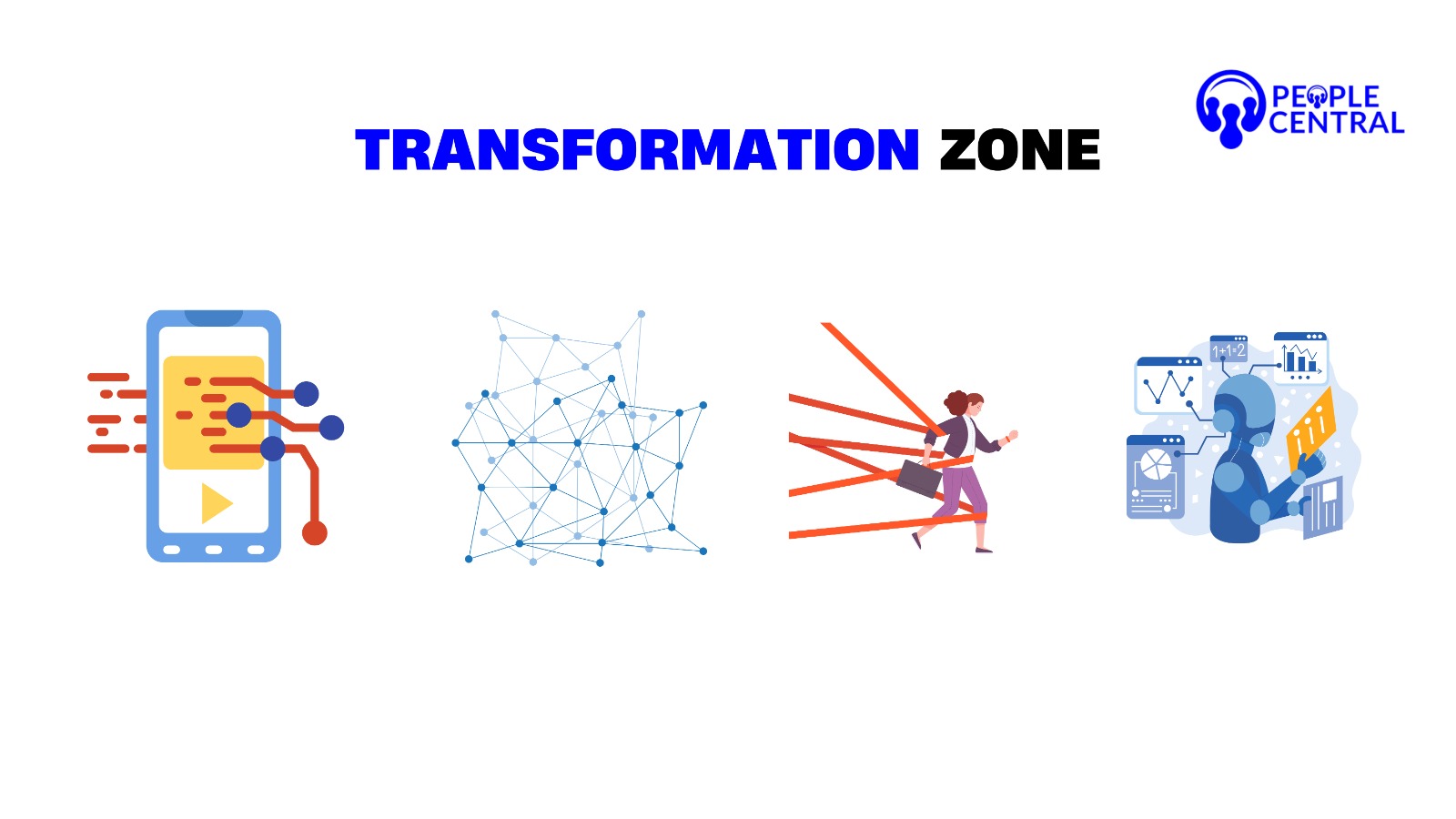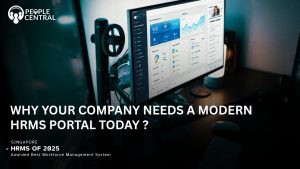In Singapore’s world of intense business competition, wherein innovation and continuous improvement is the need of the hour for survival, companies are constantly on the lookout for any possible edge over other firms with their valuable asset: their people. Enter LMS training, an executive education innovation that is changing the paradigm for how the organization could make its workforce competent, savvy, and resilient.
The Skill Imperative in Singapore
Singapore’s economic model has historically centered on human capital. The tiny nation with scant natural resources relied heavily upon education, skills development, and human resource innovations to transform itself into a global hub of excellence. In this environment, LMS training can no longer be seen as ancillary; the very add-on to be done if time permits; it has become a core competitive advantage.
Recent studies portray a compelling picture:
- 82% of the Singaporean workforce maintains continuous learning as crucial to enhancing their careers.
- Companies utilizing a fully-fledged training program enjoy a profit margin 24% higher than those who do not offer any.
- Digital learning uptake has accelerated by 65% in the past three years.

LMS Training: How It Transforms Employee Performance
1. Personalized Learning Paths
The age of tedious learning is gone Today, modern LMS presents:
- Adaptive learning algorithms
- Custom tracks of skill development
- Individual performance tracking
- Specific content recommendations.
2. Flexibility and Accessibility
Singapore’s fast-paced business environment permits no learning confined to the classroom:
- Training modules always available
- Mobile compatible
- Microlearning content
- Self-paced learning skills.
Also Read : Navigating the CDAC Contribution Rate: A Comprehensive Overview
3. Measurable Performance Insights
The LMS offers a new lease of visibility across the training realm:
- Skill gap analysis
- Live performance metrics
- Comprehensive learning progress tracking
- ROI calculation for training investments.
4. Economical Skill Development
LMS, compared to traditional training methodologies, provides:
- Reduced overhead training
- Minimal logistical expenses
- Easily scalable learning infrastructure
- Consistency in training delivery.
The Technologies Powering LMS Evolution
The mix of high technology and LMS is an expression of Singapore’s tech-forward approach:
- Learning recommendations with Artificial Intelligence technology
- Gamification of training modules
- Virtual and augmented reality simulations
- Advanced analytics and reporting.
Also Read : How Payroll Software Can Streamline Your Small Business Operations
Challenges in LMS Implementation
While assuring, successful LMS implementation requires:
- Commitment from leadership
- Culture change
- Continuous updates to technology
- Employee engagement initiatives
Real-World Impact: A Singapore Case Study
A leading multinational in Singapore executed an elaborate LMS training program and observed:
- 40% less onboarding time
- 35% enhancement in employee retention
- 28% increase in productivity overall
- Significant development in cross-functional competencies
Conclusion
The future of work is learning. LMS training is what enables enterprises to transform potential into performance and to have a highly skilled, adaptable, innovative, and globally competitive workforce.








 5
5


























